Who is to blame for Puerto Rico’s hurricane relief shambles?
Anger over role of the island’s electricity authority in failure of post-Maria aid efforts
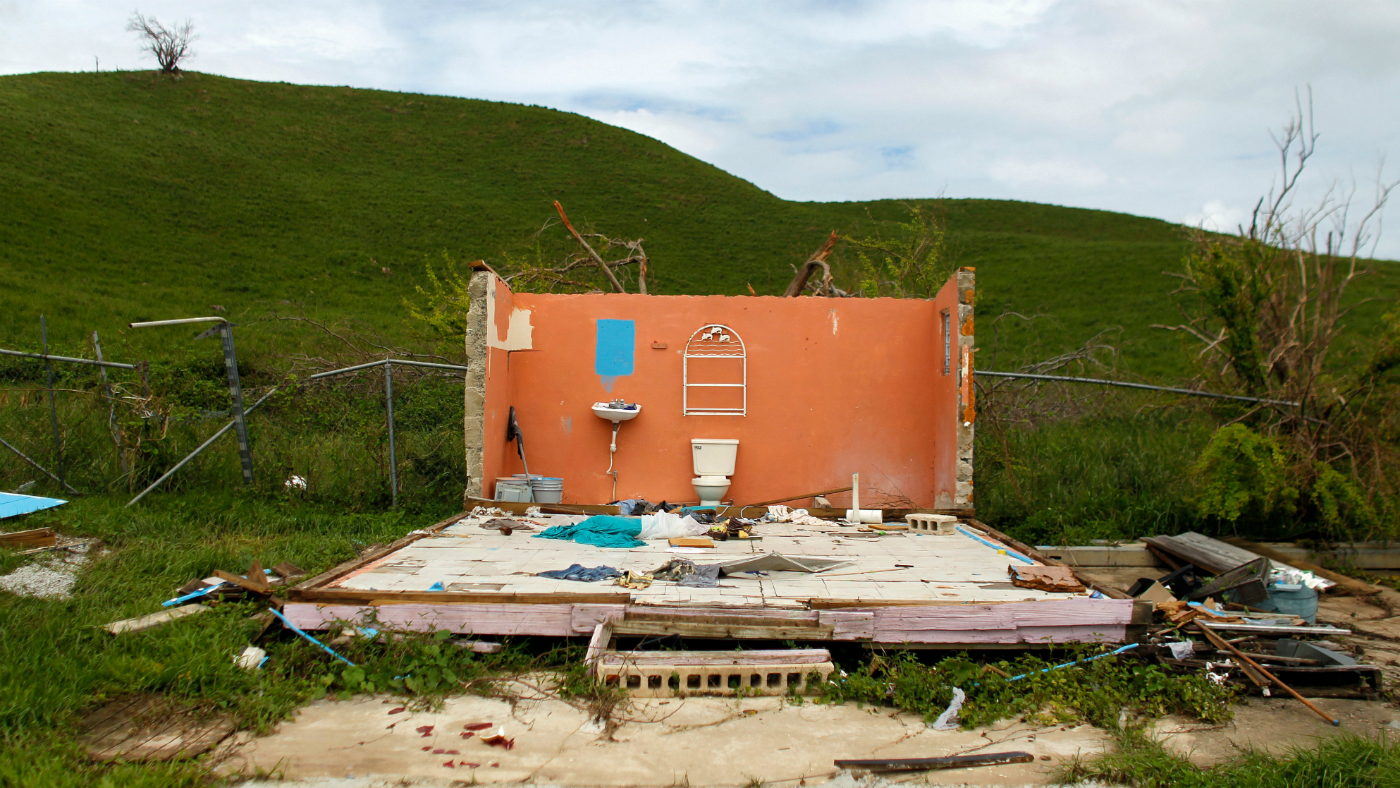
A free daily email with the biggest news stories of the day – and the best features from TheWeek.com
You are now subscribed
Your newsletter sign-up was successful
It has been two months since Hurricane Maria battered Puerto Rico yet most of the US territory’s 3.5 million residents are still struggling without electricity, or hope.
Waterborne illnesses are on the rise, and health workers fear an epidemic. Nearly 500,000 homes were destroyed when the hurricane made landfall on the island on 20 September, and dozens of towns still have no running water or power. Residents barricade themselves inside at night, fearing looters.
The US recovery effort, led by the Federal Emergency Management Agency (Fema), has been hindered by red tape and painfully slow, according to USA Today. Describing relief efforts in Puerto Rican capital San Juan, the newspaper says: “Actual supplies - like bottled water or tarps for their roofless homes - were coming from private donations and community activists.”
The Week
Escape your echo chamber. Get the facts behind the news, plus analysis from multiple perspectives.

Sign up for The Week's Free Newsletters
From our morning news briefing to a weekly Good News Newsletter, get the best of The Week delivered directly to your inbox.
From our morning news briefing to a weekly Good News Newsletter, get the best of The Week delivered directly to your inbox.
But is the US government’s slow response the sole cause of the chaos, or does part of the fault lie - as US President Donald Trump argues - with Puerto Rican authorities?
Questions have been raised about the management of the Puerto Rico Electric Power Authority (Prepa) under former executive director Ricardo Ramos, who resigned last week after only eight months in the job.
Hurricane Maria’s trail of devastation
Maria slammed into the cash-strapped island just two weeks after it was ravaged by Hurricane Irma, compounding an already desperate situation. At least 55 people died in the second onslaught and the whole island was left without electrical power. A week after Maria, just over half of residents had potable water, according to a Fema damage report.
A free daily email with the biggest news stories of the day – and the best features from TheWeek.com
Carmen Yulin Cruz, the mayor of the capital city, San Juan, issued a “mayday call” to the US government. “We are dying, and you are killing us with the inefficiency and the bureaucracy,” she said at a news conference, reports The Independent.
Puerto Rico became a US territory following the Spanish-American War more than a century ago, and residents are US citizens by birth, so they expected the same treatment as citizens based in Florida or Texas - states that have also faced an environmental disaster following hurricanes.
Yet as CBC reports: “It took a month for Fema to open an aid centre just outside [the badly affected municipality of] Barranquitas. Hundreds now stream in every day.”
President Trump has downplayed the severity of the disaster to the media and on his Twitter account. He visited the island in early October, telling officials they should be “proud” of how few people had died as a result of the storm compared with the death toll in Louisiana during Hurricane Katrina, which he described as a “real catastrophe”, The Guardian reports.
By mid-October, Trump was tweeting that Puerto Rico would have to shoulder more responsibility for recovery efforts, blaming the island for a financial crisis “largely of its own making”.
Puerto Rican power
So was Trump just passing the buck, or is he right to highlight the island’s own failings? Although the Trump administration was assigned the role of villain in the hurricane saga, the Puerto Rican power grid was reportedly experiencing problems before either of the two recent hurricanes made landfall.
Engineering expert Ricardo Ramos was appointed executive director of Prepa, the publicly owned power authority of Puerto Rico, in March.
At the time, Vox says, Prepa’s “ancient electric grid was in disrepair, requiring expensive shipments of imported oil to operate”, and the firm owed $9bn (£6.75bn) to investors. In April, Prepa released a statement saying it required a $4.6bn (£3.45bn) funding programme to fix issues with the grid.
The Whitefish contract
When Puerto Rico’s power grid was destroyed by Hurricane Maria, it seemed to be a turning point for Prepa. Following natural disasters, US utility firms can invoke mutual aid agreements with similar utilities to rebuild infrastructure at a greatly reduced cost.
But Prepa took a different route. In mid-October, the company told the American Public Power Association - which coordinates such relief efforts - that it would not be taking advantage of the scheme.
Instead, Prepa took the “unusual” step of signing a $300m contract (£225m) with a private firm called Whitefish Energy to rebuild its destroyed power grid, says The Washington Post.
Whitefish Energy is a Montana-based grid repair company with just two full-time employees, The Guardian reports. Vox says the “tiny” company was “hardly equipped to rebuild Puerto Rico’s fragile energy grid”.
Under the deal, Whitefish was to receive “$319 an hour for a journeyman lineman”, according to a contract obtained by the Associated Press, but The New York Times says linemen contracted by Whitefish only received about $63 an hour.
By late October, the FBI had begun investigating “how Whitefish was awarded the contract... despite never having handled a similar project in the past”, The Guardian says.
Under pressure from Governor Ricardo Rossello and other Puerto Rican officials, Ramos annulled the contract but publicly defended the agreement.
Ramos told a US Senate committee in mid-November that his priority was to get the power back up, adding: “I chose to contract with Whitefish because my priority was securing the immediate assistance that we needed to begin restoring power as quickly as possible to our most critical customers.”
His resignation last week was met with a mixed response.
Yulin, San Juan’s mayor, tweeted that Ramos had helped “destroy the credibility of the Puerto Rican government”, calling his behaviour a “disgrace”.
But some pointed out that Ramos did not negotiate the Whitefish deal directly, and that his resignation will probably do little more than cause further delays in the reconstruction of the island’s power grid.
“Puerto Rico’s options going forward include redistributing power plants, creating self-sufficient networks, and supplementing diesel oil generators with renewable sources,” says ABC News. “But these options are expensive and time-consuming, and a struggling, bankrupt Prepa will prevent upgrades from happening soon.”
Governor Rossello says he is aiming to have electricity restored to 95% of the island by mid-December, but with half the territory still without power, it will be difficult to meet the deadline.
Domingo Marques, a clinical psychologist whose San Juan home has been without power since the storm, told CNN that Ramos’s resignation had been “the dignified thing to do” but that it brought “even more uncertainty” to Puerto Rico.
-
 Antonia Romeo and Whitehall’s women problem
Antonia Romeo and Whitehall’s women problemThe Explainer Before her appointment as cabinet secretary, commentators said hostile briefings and vetting concerns were evidence of ‘sexist, misogynistic culture’ in No. 10
-
 Local elections 2026: where are they and who is expected to win?
Local elections 2026: where are they and who is expected to win?The Explainer Labour is braced for heavy losses and U-turn on postponing some council elections hasn’t helped the party’s prospects
-
 6 of the world’s most accessible destinations
6 of the world’s most accessible destinationsThe Week Recommends Experience all of Berlin, Singapore and Sydney
-
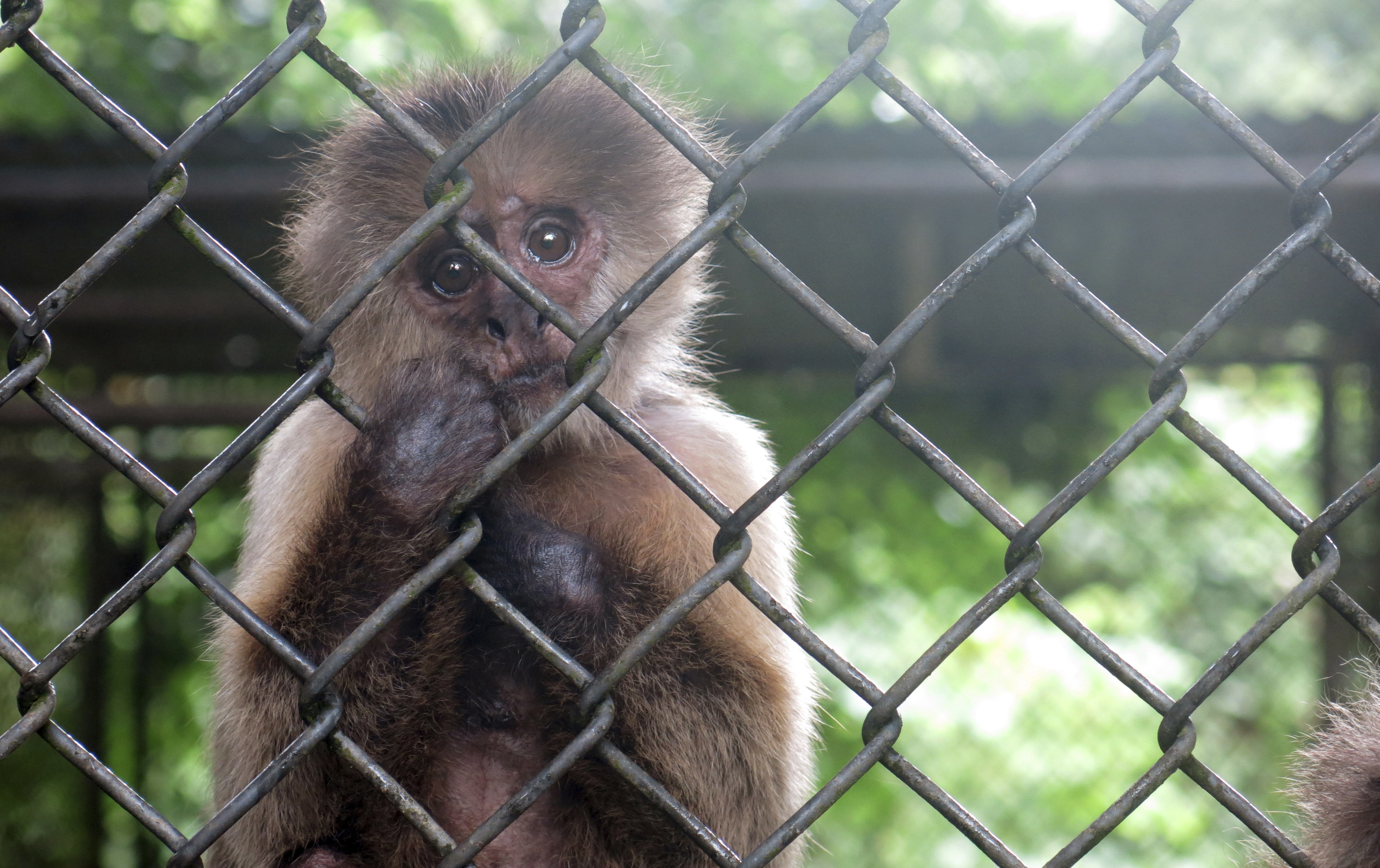 Puerto Rico's only zoo to close after years of animal welfare complaints
Puerto Rico's only zoo to close after years of animal welfare complaintsSpeed Read
-
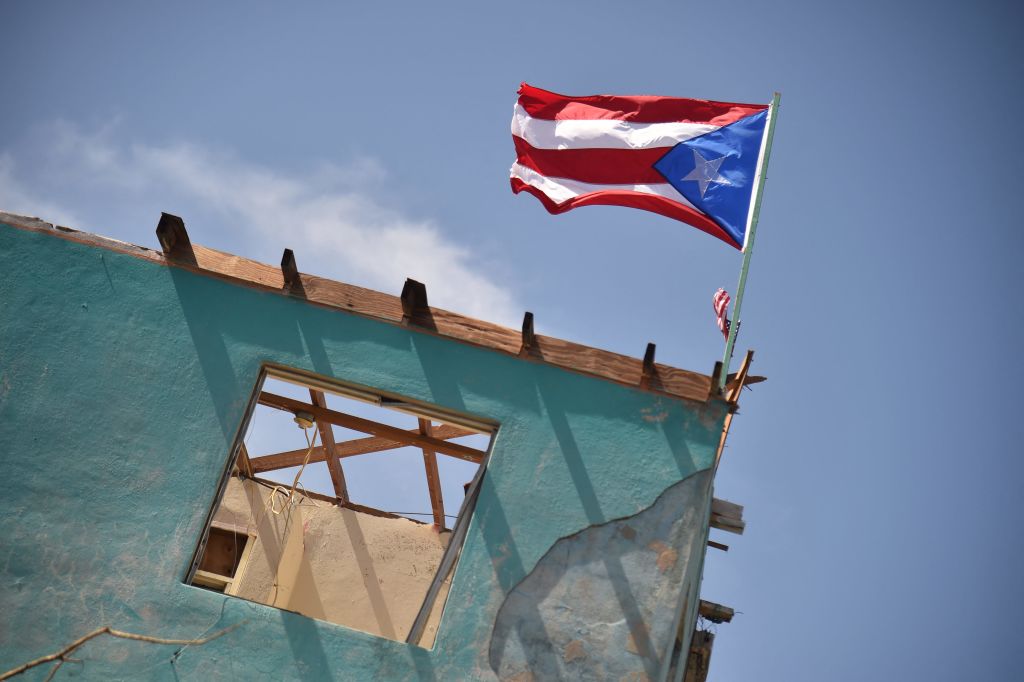 The House has pushed Puerto Rico one step closer to possible statehood. What will the Senate do?
The House has pushed Puerto Rico one step closer to possible statehood. What will the Senate do?Speed Read
-
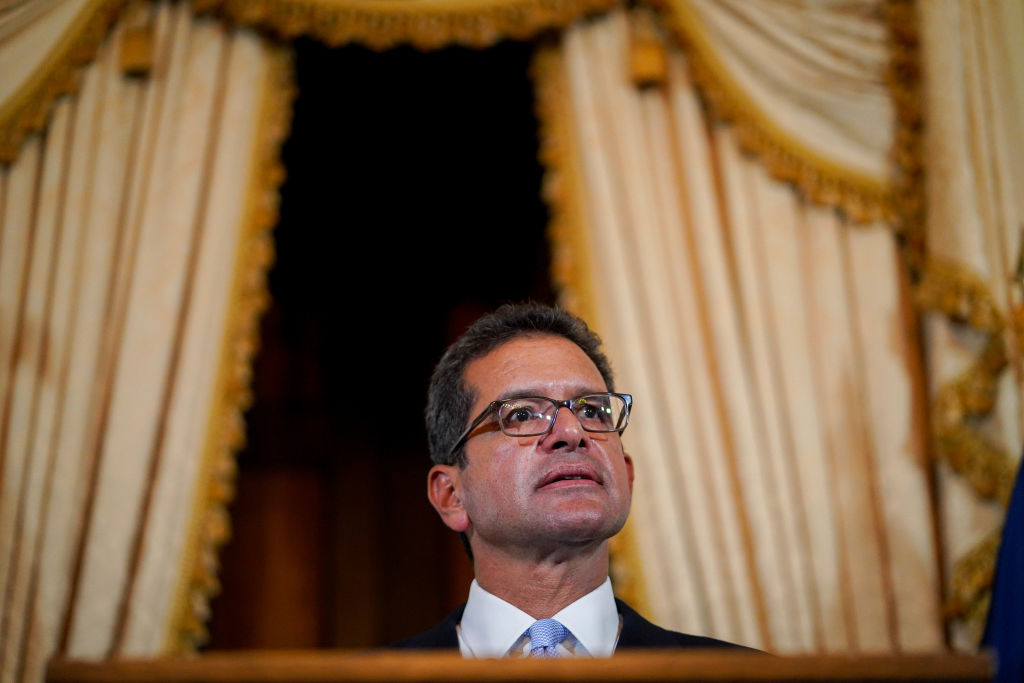 Puerto Rico has a new governor — for now
Puerto Rico has a new governor — for nowSpeed Read
-
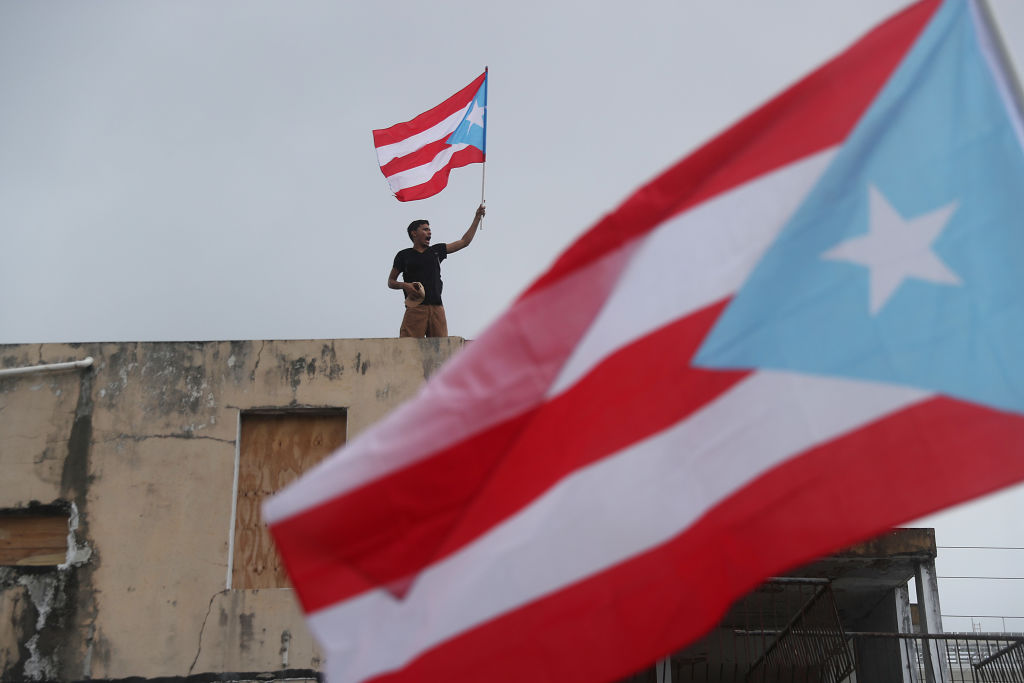 Official set to become the next governor of Puerto Rico says she doesn't want the job
Official set to become the next governor of Puerto Rico says she doesn't want the jobSpeed Read
-
 Why Puerto Rico is starving
Why Puerto Rico is starvingThe Explainer Thanks to poor policy design, congressional dithering, and a hostile White House, hundreds of thousands of the most vulnerable Puerto Ricans are about to go hungry
-
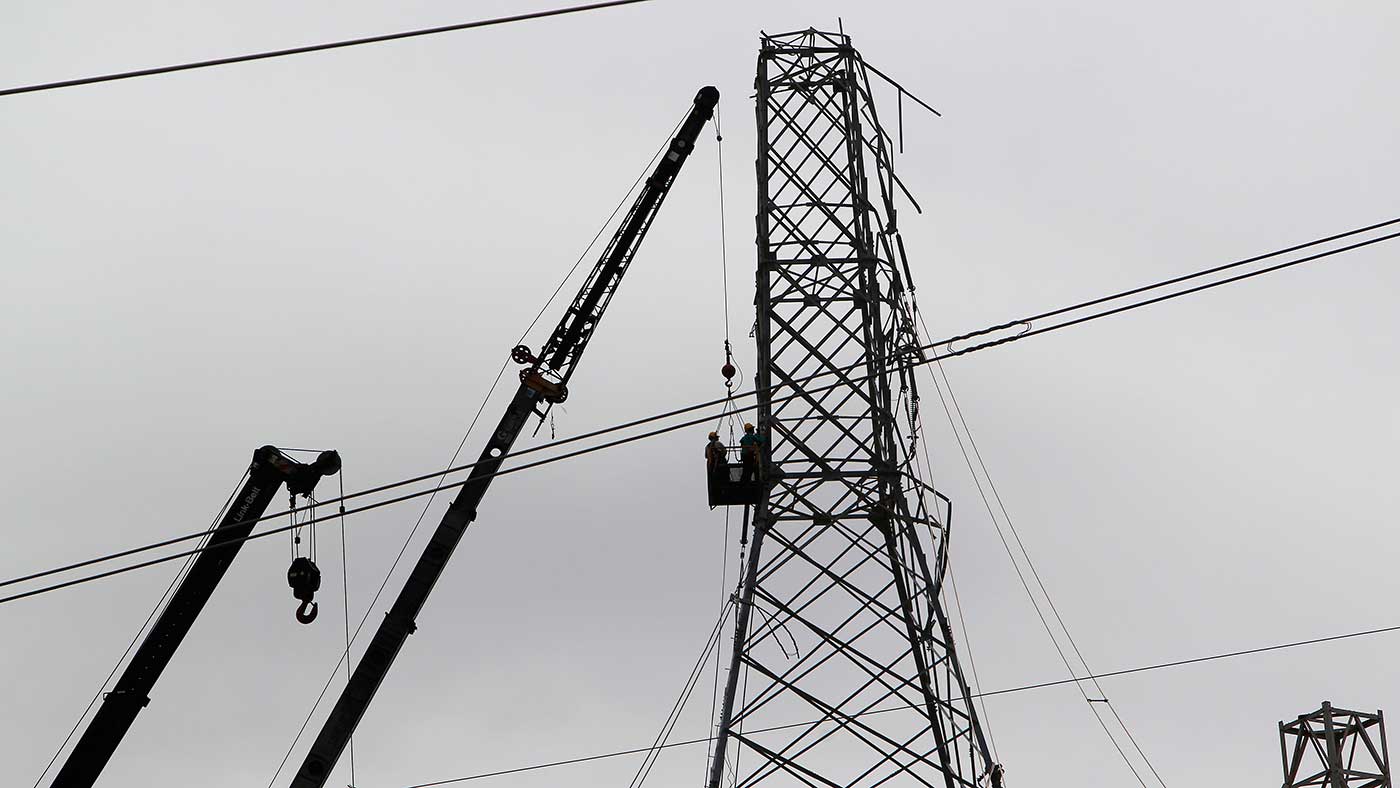 Puerto Rico to cancel energy repair contract
Puerto Rico to cancel energy repair contractSpeed Read Governor says controversy surrounding £228m agreement too ‘distracting’
-
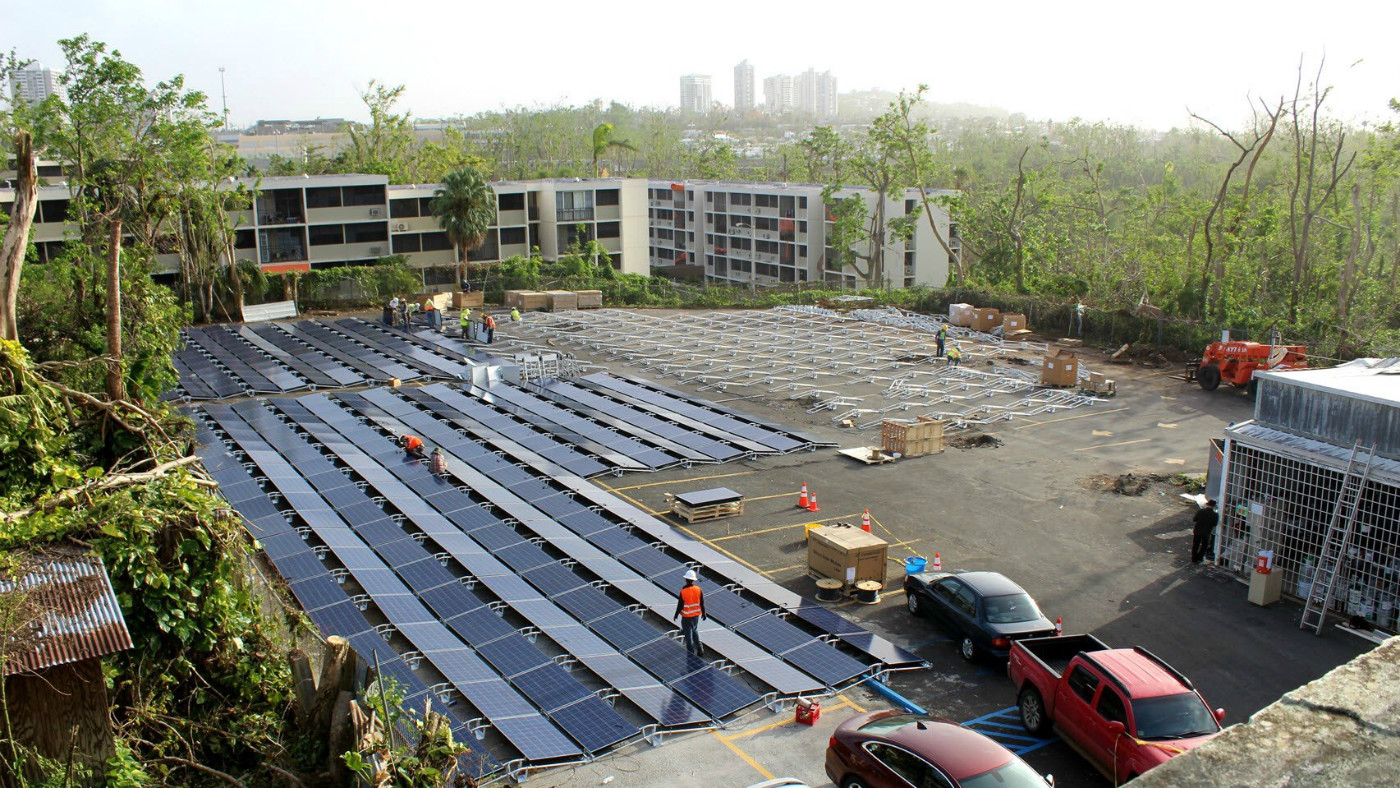 Tesla restores power to Puerto Rico children’s hospital
Tesla restores power to Puerto Rico children’s hospitalSpeed Read Elon Musk says his electric car company will help restore light to the island